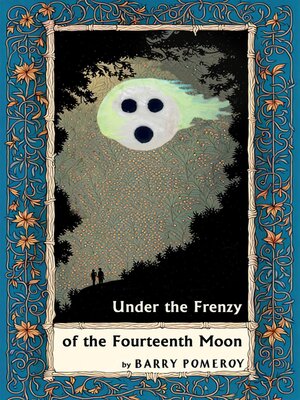
Sign up to save your library
With an OverDrive account, you can save your favorite libraries for at-a-glance information about availability. Find out more about OverDrive accounts.
Find this title in Libby, the library reading app by OverDrive.



Search for a digital library with this title
Title found at these libraries:
| Library Name | Distance |
|---|---|
| Loading... |
Parables are exercises in abbreviation. Like allegories and allusions, parables rely on more than the words on the page as they expand their relevance and reach. They call upon the tropes of oft-told stories, universal narratives, trim story back to its basics, and use familiar characters like those described by Vladimir Propp.
A giant becomes an ogre, a young woman a desperate heroine, a child an adventurer or someone who needs saving, and a stalwart man a sword-wielding, cudgel-flailing, vengeance-seeking father or husband. Unlike the world we live in, a victim in a parable is allowed an act of revenge or achievement, and those who quest always close with their goal.
Parables are fantastical because their purpose lies outside the tales themselves. They both perform the society they are enclosed by, and—in their stories of fantasy gone wrong and unrewarded greed, ill deeds deservedly punished, and gentle hands comforted—they offer an inspiring alternative to the banality of evil we endure.
Long after the spy novels have been forgotten, and tales of monsters and killers have been wiped from the culture, when textbooks have been destroyed and romances banned, parables and fairy tales will still exist, hiding as they do in the deepest reaches of the human mind. And from such narratives cultures spring anew.







